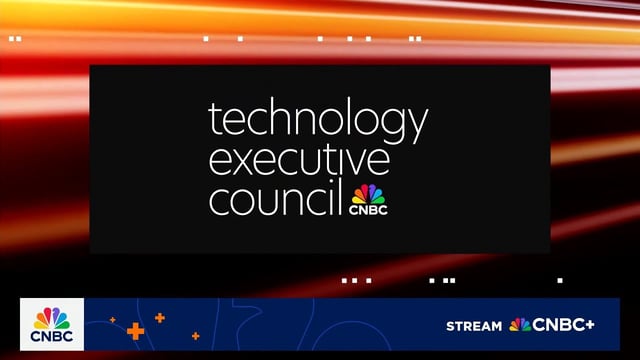Overview
- Mastercard reports that its product onboarding agent cuts customer onboarding times by roughly 11%, and TIAA is building internal guilds to equip employees as AI co-pilots
- Developer community articles highlight that agentic systems rely on persistent memory, goal decomposition, tool integration and feedback loops, with frameworks such as LangChain, AutoGPT and Semantic Kernel already in active use
- Telecom vendors caution that broad network automation hinges on meticulously curated multi-domain data—from RAN and core to MEC and transport—and deep domain expertise for reliable predictive maintenance and threat response
- Industry contributors propose the Model Context Protocol as an open standard to simplify how agents access tools and data and to reduce enterprise integration complexity
- Privacy experts argue that autonomous agents challenge existing legal and ethical norms and call for recognition of AI agency, stronger auditability and new client-privilege frameworks



